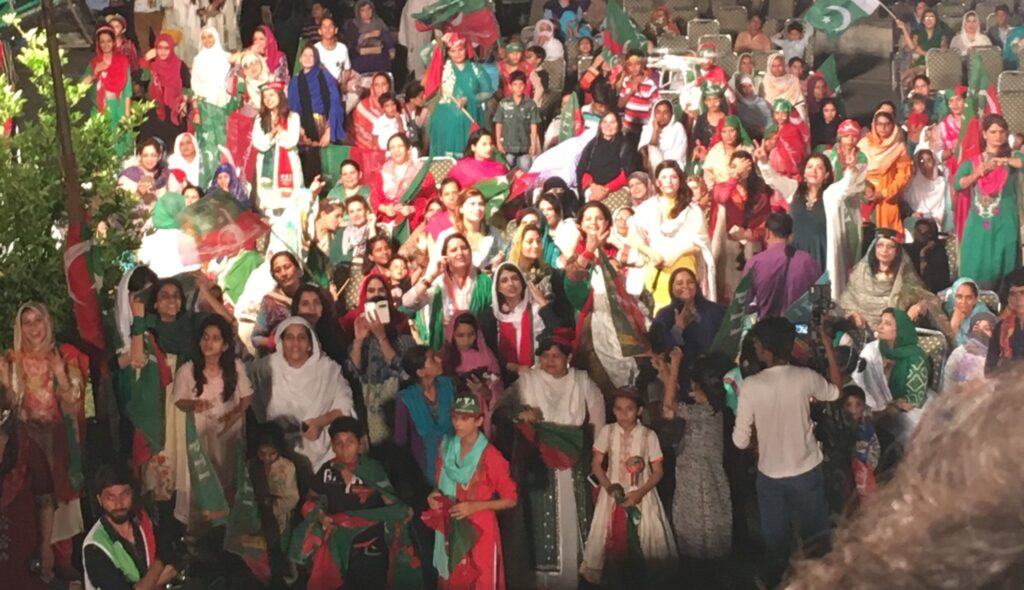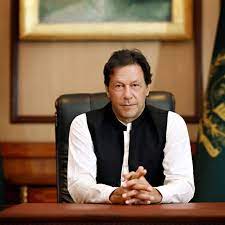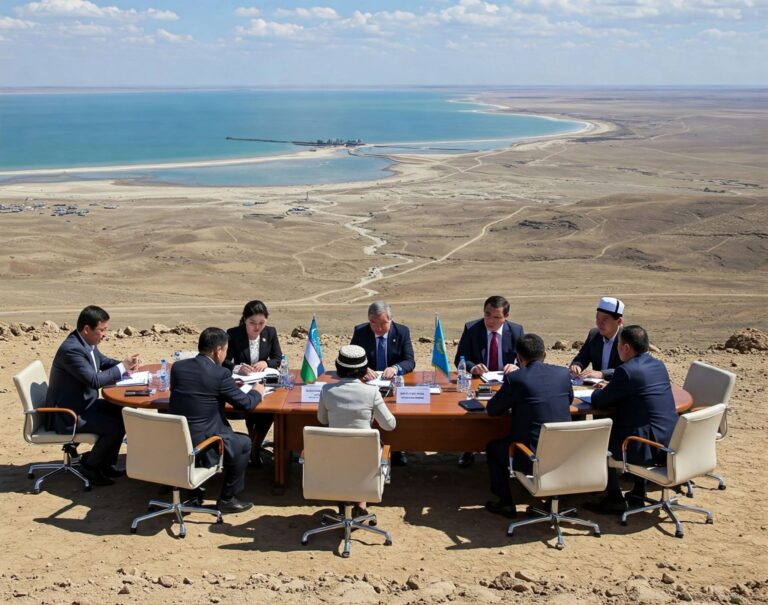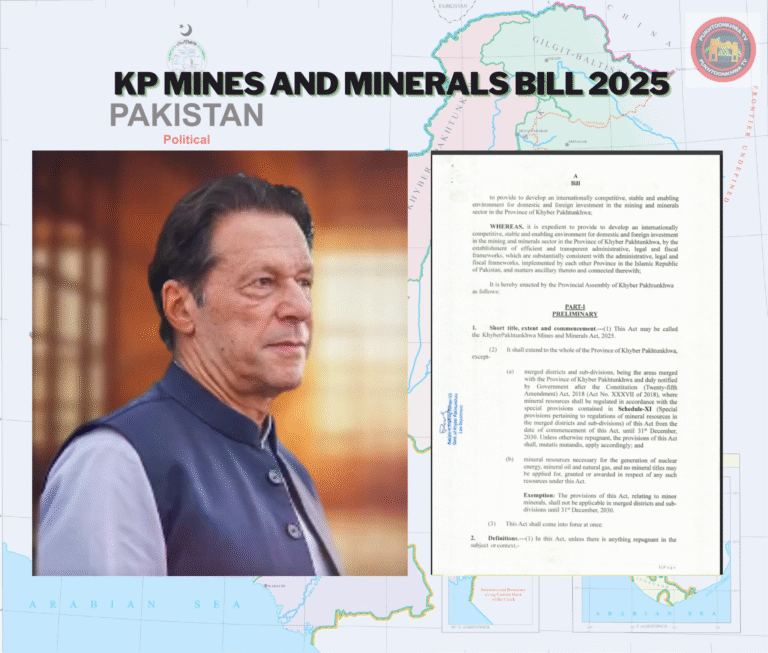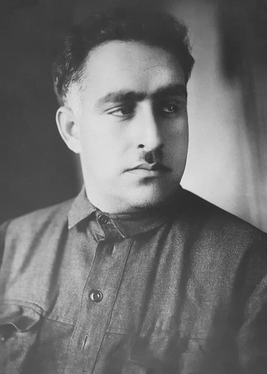Highlighting the courage and determination of women candidates and voters who defied societal norms and systemic barriers to participate in the electoral process.
In the recent election contest across Khyber-Pakhtunkhwa (K-P), the participation of women was notably low, with only two out of 97 female candidates managing to secure victory. Both successful candidates belonged to the Pakistan Tehreek-e-Insaf (PTI) party, with Shandana Gulzar winning comfortably in NA-30 Peshawar and Surya Bibi securing her provincial assembly seat in PK-1 Chitral.
Miss Shandana Gulzar and Suraya BIBI won the election on General seats from KPK.
Despite there being 45 National Assembly constituencies spread across K-P’s 37 districts, there was a glaring absence of female candidates in 14 districts and 23 NA constituencies during the recent general elections. Similarly, 15 districts and 60 constituencies in the K-P Assembly saw no female contenders out of a total of 115 general seats.
Among the 27 women who contested for the 45 National Assembly constituencies, 12 chose to run independently, indicating a diverse spectrum of political participation. However, various political parties, including the Awami National Party (ANP), Pakistan Peoples Party (PPP), and Jamaat-e-Islami (JI), fielded female candidates, the overall participation remained limited, reflecting systemic barriers that hinder women’s engagement in politics.
In the past, the women of Khyber Pakhtunkhwa (KP) faced significant barriers to participating in electoral processes. In many parts of the province, they were not allowed to vote or stand as candidates, particularly under the influence of religious parties like Jamaat-e-Islami and Jamiat Ulema-e-Islam (JUI-F), as well as other religious and extremist groups. Moreover, the entrenched power dynamics, including the dominance of powerful landlords, reinforced societal norms that marginalized women from political engagement. In Pashtun society, the notion of women contesting elections was often viewed as an affront to traditional values, further inhibiting their participation.
Recently, on social media post a group of religious scholars in the Kohistan region had purportedly issued a fatwa prohibiting women from participating in election-related activities.
Promptly, The National Commission on the Status of Women (NCSW) Chairperson Nilofar Bakhtiar expressed her concern and urged both the chief election commissioner and the K-P election commissioner to take swift action regarding the alleged fatwa.
Dr Saveera Prakash, a Hindu minority woman also running election from Buner PK-25 for Provancial assembly from the Pakistan Peoples Party (PPP):
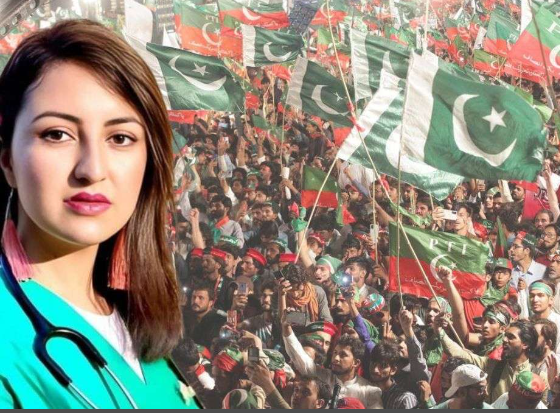
In recent years, there has been a notable shift in this landscape, primarily catalyzed by the Pakistan Tehreek-e-Insaf (PTI) party under the leadership of Imran Khan. PTI’s emphasis on youth and women empowerment has led to a significant increase in women’s participation in politics in KP. The party’s encouragement of women to join politics and take up leadership roles has gradually dismantled the barriers that once restricted their involvement.
Under PTI’s banner, a large number of women have become part of the political landscape in KP, challenging traditional norms and stereotypes. Through initiatives promoting women’s education, employment, and political participation, PTI has empowered women to assert their rights and contribute meaningfully to governance and decision-making processes.
The transformation in KP’s political landscape is evident as more women now stand as candidates in elections, including on general seats previously considered inaccessible to them. This shift marks a significant departure from the past, signaling a growing recognition of women’s agency and contribution to the democratic process.
While challenges persist, including entrenched patriarchal attitudes and resistance from conservative elements, the progress made in recent years is promising. It reflects a broader societal evolution towards gender equality and inclusive governance, where women’s voices are increasingly being heard and valued in shaping the future of KP.
Nationalist parties like the Awami National Party (ANP) consistently advocated for women’s participation in elections, recognizing it as vital for inclusive governance. However, the prevailing social and political climate made it nearly impossible for women to contest elections on general seats, let alone actively participate in politics.
The women’s participation in elections has been a collaborative effort involving various stakeholders, including society, local and international NGOs, and organizations such as the United Nations (UN), European Union (EU), and United States Agency for International Development (USAID).
In conclusion, the changing landscape of women’s political participation in Khyber Pakhtunkhwa reflects a progressive shift towards greater inclusivity and empowerment. As women continue to assert their rights and take on leadership roles in politics, they contribute to building a more representative and equitable society for all.
Written By
Shahzadi Arbab
11-02-2024

